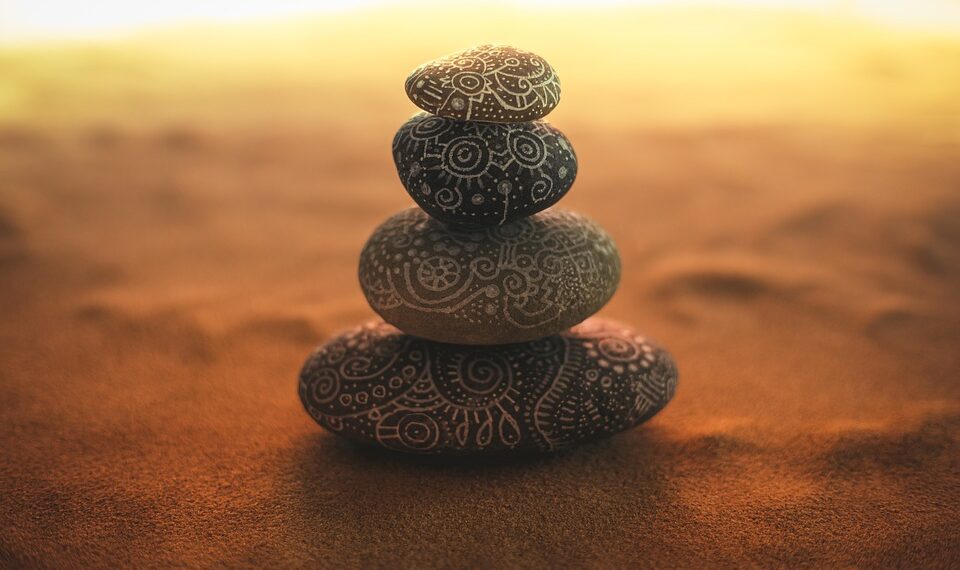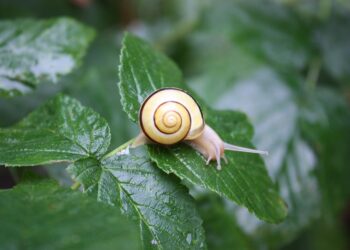Mastering Mindfulness: Expert Tips for Living a More Present and Peaceful Life
In today’s fast-paced world, many of us find ourselves constantly rushing from one task to the next, feeling overwhelmed and stressed. We often struggle to be fully present in the moment, allowing our minds to wander and dwell on past regrets or future worries. However, practicing mindfulness can help us cultivate a greater sense of peace and presence in our lives. In this article, we will explore expert tips for mastering mindfulness and living a more present and peaceful life.
What is Mindfulness?
Mindfulness is the practice of intentionally focusing on the present moment without judgment. It involves paying attention to your thoughts, feelings, and sensations without getting caught up in them. By cultivating mindfulness, you can develop a greater awareness of your inner experiences and the world around you, leading to a deeper sense of peace and well-being.
Benefits of Mindfulness
There are numerous benefits to practicing mindfulness, including:
– Reduced stress and anxiety
– Improved focus and concentration
– Enhanced emotional regulation
– Increased self-awareness
– Greater resilience to challenges
By incorporating mindfulness into your daily routine, you can experience these benefits and cultivate a greater sense of peace and presence in your life.
Expert Tips for Mastering Mindfulness
1. Start with the breath: One of the simplest and most effective ways to cultivate mindfulness is to focus on your breath. Take a few moments each day to sit quietly and pay attention to your breath as it enters and leaves your body. Notice the sensations of each inhale and exhale, allowing yourself to be fully present in the moment.
2. Practice gratitude: Another powerful way to cultivate mindfulness is to practice gratitude. Take time each day to reflect on the things you are grateful for, no matter how big or small. By focusing on the positive aspects of your life, you can shift your perspective and cultivate a greater sense of peace and contentment.
3. Engage your senses: Mindfulness can also be cultivated by engaging your senses. Take a moment to notice the sights, sounds, smells, tastes, and textures around you. By fully immersing yourself in the present moment, you can cultivate a greater sense of awareness and appreciation for the world around you.
4. Let go of judgment: One of the key principles of mindfulness is to let go of judgment. Instead of labeling your thoughts and feelings as good or bad, simply observe them without attachment. By practicing non-judgmental awareness, you can cultivate a greater sense of peace and acceptance in your life.
5. Practice mindfulness meditation: Mindfulness meditation is a powerful practice for cultivating mindfulness. Set aside a few minutes each day to sit quietly and focus on your breath, body, or a specific sensation. By practicing mindfulness meditation regularly, you can train your mind to be more present and focused in your daily life.
Common Questions About Mindfulness
1. Can anyone practice mindfulness?
Yes, mindfulness is a practice that anyone can learn and benefit from. It does not require any special skills or abilities, just a willingness to be present and aware in the moment.
2. How long does it take to see the benefits of mindfulness?
The benefits of mindfulness can be experienced immediately, but they tend to deepen over time with regular practice. Many people report feeling more relaxed and focused after just a few minutes of mindfulness practice.
3. Is mindfulness the same as meditation?
While mindfulness and meditation are closely related practices, they are not the same. Mindfulness is the practice of being present in the moment, while meditation is a specific technique for cultivating mindfulness.
4. How can I incorporate mindfulness into my busy schedule?
You can incorporate mindfulness into your daily routine by taking small moments throughout the day to be present and aware. This could be as simple as taking a few deep breaths before a meeting or focusing on the sensations of washing your hands.
Conclusion
Mindfulness is a powerful practice for living a more present and peaceful life. By incorporating expert tips for mastering mindfulness into your daily routine, you can experience the numerous benefits of mindfulness and cultivate a greater sense of peace and well-being. Start by focusing on your breath, practicing gratitude, engaging your senses, letting go of judgment, and practicing mindfulness meditation. With consistent practice, you can master mindfulness and live a more fulfilling and joyful life.































































